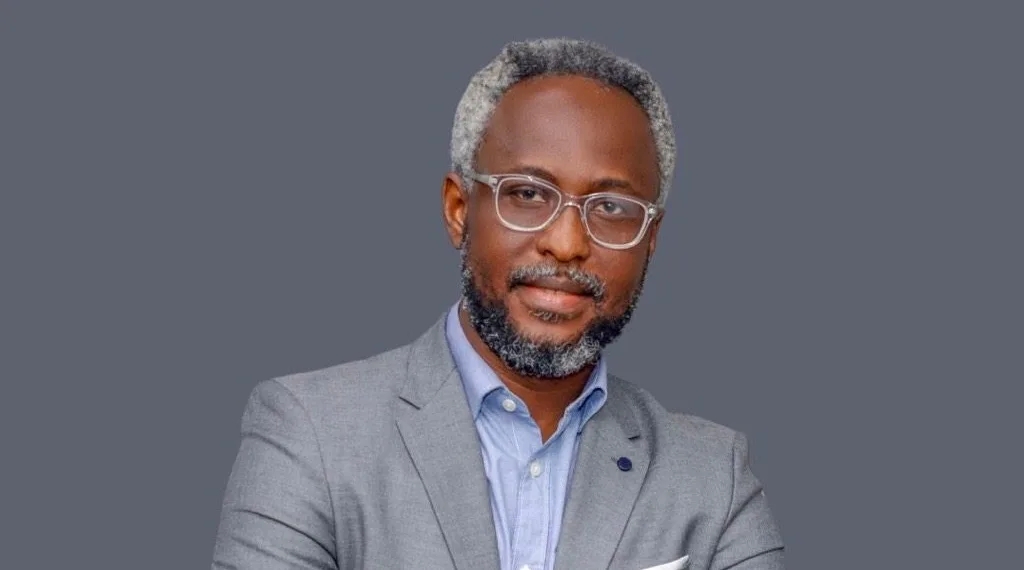Nigeria’s inflation rate may remain ‘sticky’ in the upcoming months due to the ongoing series of reforms taking place in the country.
This was the position of Ugodre Obi-Chukwu, CEO of Nairametrics while speaking on Channels TV’s Business Morning yesterday.
He noted that just like Ghana, Nigeria would likely hit its base effects, however, he posited that till the end of the year, we’re likely to see higher inflation rates.
What he said
- “Nigeria is still going through different cycles of reforms and for that reason, you would continue to see inflation sticky over the next few months.
- “At 27.33%, we see a reflection of some of the things that have happened in the last few months, subsidy removal, exchange rate depreciation, and these are pass-through items that often impact the inflation rate. That is why it’s going to remain sticky.
- “We are experiencing some reduction month-on-month, from 2.89% in July to 3.1% in August, it dropped to 2.1% in September, and now 1.73% in October. However, on an annual basis, it’s still rising.”
He noted that just like Ghana, Nigeria would hit base effect at some point.
The base effect refers to the impact of past price changes on current inflation calculations. It occurs when the current inflation rate appears higher or lower than it is due to the distortion caused by a low or high reference point from the previous period.
For instance, if there was an unusually low inflation rate in the previous year, even a moderate increase in prices in the current year might appear as a significant percentage change, making the current inflation rate seem higher than it would be without this distortion.
Conversely, if there was a high inflation rate in the past, a similar increase in prices might seem like a lower percentage change, masking the true inflation rate.
- Ugodre noted, “Ghana has gone through cycles of galloping inflation, hit their peak, and now it seems to be tapering down, and that could be due to base effect. It’s not like any major thing has happened in Ghana.
- “Nigeria would also experience its base effect at some point but for now, I don’t think we’ve plateaued yet. And we are very likely to see much higher inflation as we approach the end of the year.”
He then noted that the exchange rate depreciation witnessed between August and October has not reflected on the prices of goods and services in the country.
- “I don’t think there’s light at the end of the tunnel yet. There is still a number of things that haven’t come up yet, and a lot of people are yet to reflect their prices. The exchange rate depreciation that we’ve seen between August and October hasn’t reflected on new inventories that’ll be coming in as we approach the Christmas season.
- “I think that we’ll see a lot more price increases, and that’s why I think inflation would remain sticky up until the first quarter of next year.
- Further noting, “Let’s remember that they are yet to increase electricity prices, that is still being held down. As long as that is held down, you’re not seeing the true cost of doing business in Nigeria from an inflation perspective.
- “There’s still a lot of headwinds down the line, nobody knows what is going to happen to crude oil prices and there are predictions that we could go past $100.”
Some people suggest that it could go lower as the global economy starts to shake.
- “But with the Israel-Hamas war, there are fears that crude oil prices could go up. If they go up and we continue to face exchange rate pressures, it’s difficult to think that there’s light at the end of the tunnel.
- “Fuel subsidy has been removed and that pass-through cost is going to come down to Nigerians. And when it comes down to Nigerians, it immediately reflects on food prices.
- “There’s still a lot the government has to do to ensure we don’t pass a 30% inflation rate at the turn of the year. It’s very likely we hit 30% but going above 30% is left to the government.”
Ugo supported the assertion that the Federal Government’s Ways and Means borrowing from the CBN is a contributor to the spike in inflation.
He noted that the money supply in the country skyrocketed to about N66 trillion from less than N20 trillion after the government started the W&M borrowings.
What you should know
On November 15, the NBS put Nigeria’s inflation figures for October 2023 at 27.33%, maintaining a consistent upward trend that’s been ongoing this year.
The country is also en route to the 30% inflation rate projected by KPMG for December 2023.






